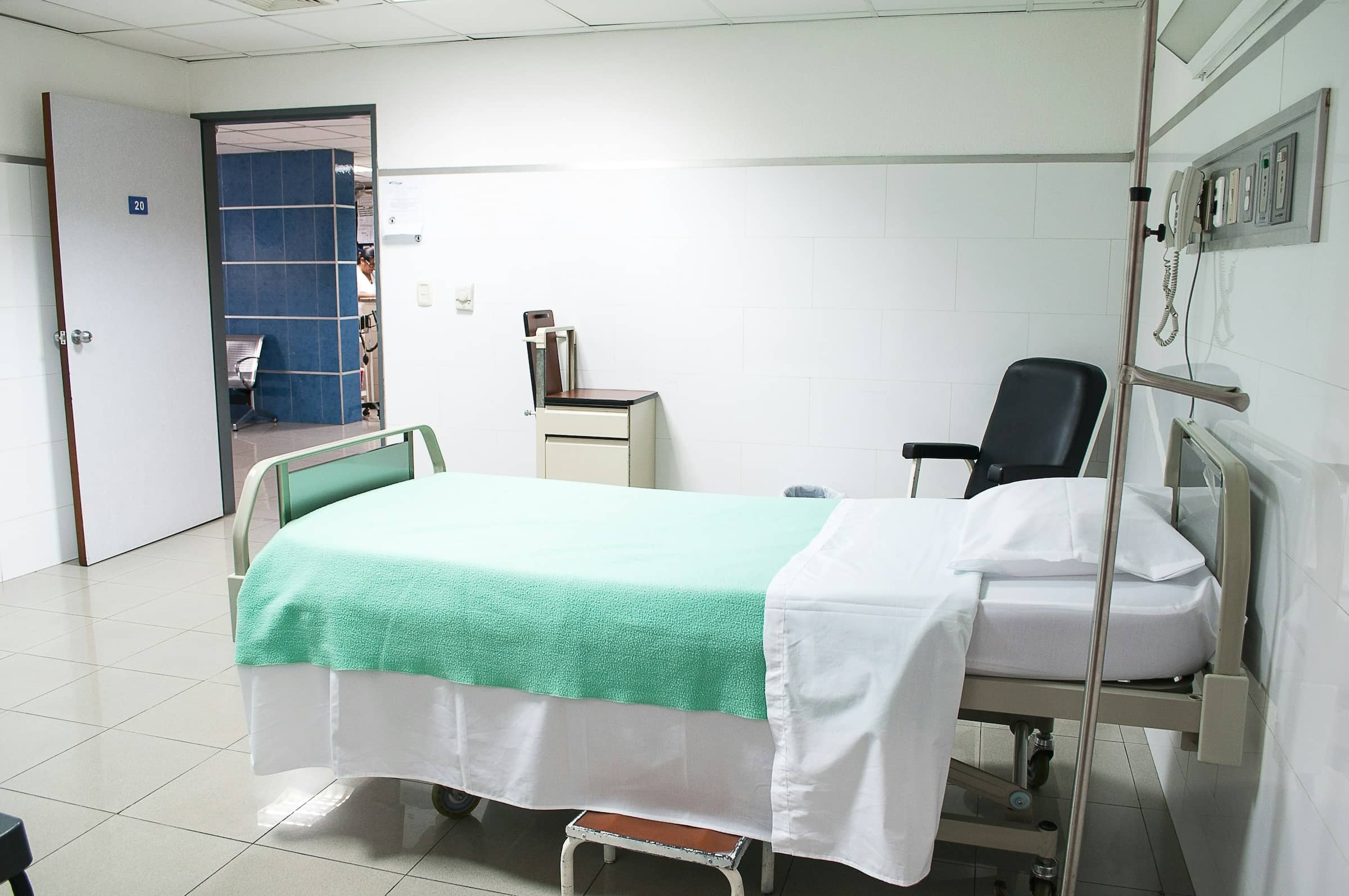When you’ve experienced an exercise-related injury and need to stay in a hospital for treatment, it can be an intimidating experience. It’s often full of uncertainty, mostly due to unfamiliarity with the protocol involved in hospital stays. To demystify this encounter, we created this article.
From understanding your environment and the test involved to deciphering medical jargon and following through with discharge procedures, we’ll walk you through each step of this journey.
What to Expect if You Stay in a Hospital After an Injury
Being admitted to a hospital after an injury can be overwhelming. Not knowing what to expect can create additional stress. This section can help better prepare you if you’re admitted.
1. Getting Familiar with the Environment
As soon as you arrive at the hospital, you’ll instantly realize the change in atmosphere. This will become more apparent as your routine changes.
It’s essential to become familiar with every aspect of this new setting, and your first step starts with understanding the layout of your room.
A few things to get acquainted with are how the bed works, where essentials are kept, how to contact nursing staff, and what’s within your reach.
Also, get a grasp on general facilities like restrooms and meal service timings in order to create some semblance of normalcy.
2. Intensive Monitoring and Tests
During your stay, be prepared for intensive monitoring and examination. Your healthcare team will need to gather as much information as they can about your condition, which means you may undergo a regimen of diagnostic tests such as blood work, x-rays, or CT scans.
The regular visits by nurses or doctors are also part of this monitoring process. They’ll be keenly observing any changes or improvements in your health condition, allowing them to adjust your treatment plan if needed. You’ll have to make peace with the fact you’ll have little privacy.
3. Doctors May Dictate Notes About Your Case
Something you might not expect during your hospital stay is witnessing doctors dictating case notes.
This practice involves doctors summarizing the details of your condition and their assessments, either into a handheld recorder or to a medical scribe who jots down the info.
Concerning how medical dictation works, it’s designed for accuracy and efficiency. It’s also designed with confidentiality in mind.
This process aids in tracking your progress accurately and ensuring all healthcare professionals are informed about any changes to treatment plans.
4. Medical Jargon
When you’re in a hospital environment, you’ll often hear healthcare professionals using specific medical terms and jargon.
These terms, while commonplace for them, can seem like a foreign language to untrained ears. You may find this confusing and sometimes intimidating.
It’s perfectly OK for you to ask for clarification whenever anything is unclear. Understanding your condition and the treatment plans are essential parts of your recovery process.
Don’t hesitate to ask your doctors or nurses to explain any medical terms or procedures you don’t understand.
5. Measures to Prevent Infection
In a hospital setting, measures are strictly taken to control and prevent the spread of infections. You’ll notice these precautions right from your first day in the ward.
Healthcare providers frequently wash their hands, don gloves and gowns, and sanitize equipment between patients.
However, it doesn’t mean that spread doesn’t happen. You might be isolated if you have a particularly contagious illness to protect other patients’ health.
This stringent hygiene protocol isn’t only for your safety but also aims at safeguarding life within the entire hospital compound.
6. Ensuring Comfort
While your primary reason for being in the hospital is recovery, comfort is a part of your stay. Hospitals work hard to ensure that they create a soothing environment for their patients.
Your bed will be regularly made, room cleaned, and meals catered according to your dietary needs.
Lighting and noise levels are also controlled to encourage rest. Should you need any additional comfort measures, such as extra pillows or blankets, don’t hesitate to communicate with the staff.
Their goal is for you to feel as comfortable as possible during this challenging time.
7. Getting Discharge Instructions
Once your condition has improved, you’ll be prepped for discharge. This involves a carefully detailed plan prepared by your healthcare team that covers everything from prescribed medication doses and timings to any restrictions on activities, exercise, or diet.
The hospital should also schedule your follow-up appointment dates with doctors, specialists, or therapists.
Before you leave, make sure that you understand everything in the discharge plan since post-hospital care plays a significant role in preventing complications or readmissions.
So in conclusion, In the face of injury, you’ve proven yourself to be resilient and determined. Remember, understanding these aspects of hospital stays helps ensure smooth care coordination between you and your healthcare team.
We encourage you to bookmark this guide and revisit it whenever you have doubts or questions during your stay at the hospital.





